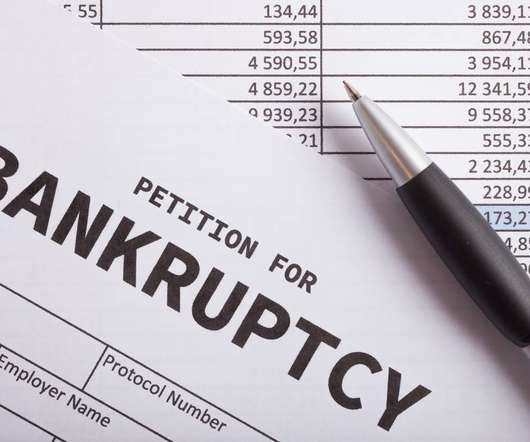Credit Reporting During and After Bankruptcy
Sawin & Shea
FEBRUARY 2, 2021
After your Chapter 7 bankruptcy discharge or Chapter 13 bankruptcy period, your bankruptcy attorney will request permission to pull and review your credit report. For Chapter 13, this may occur after your case has been confirmed and approved by the court even if your bankruptcy is not yet over.












Let's personalize your content